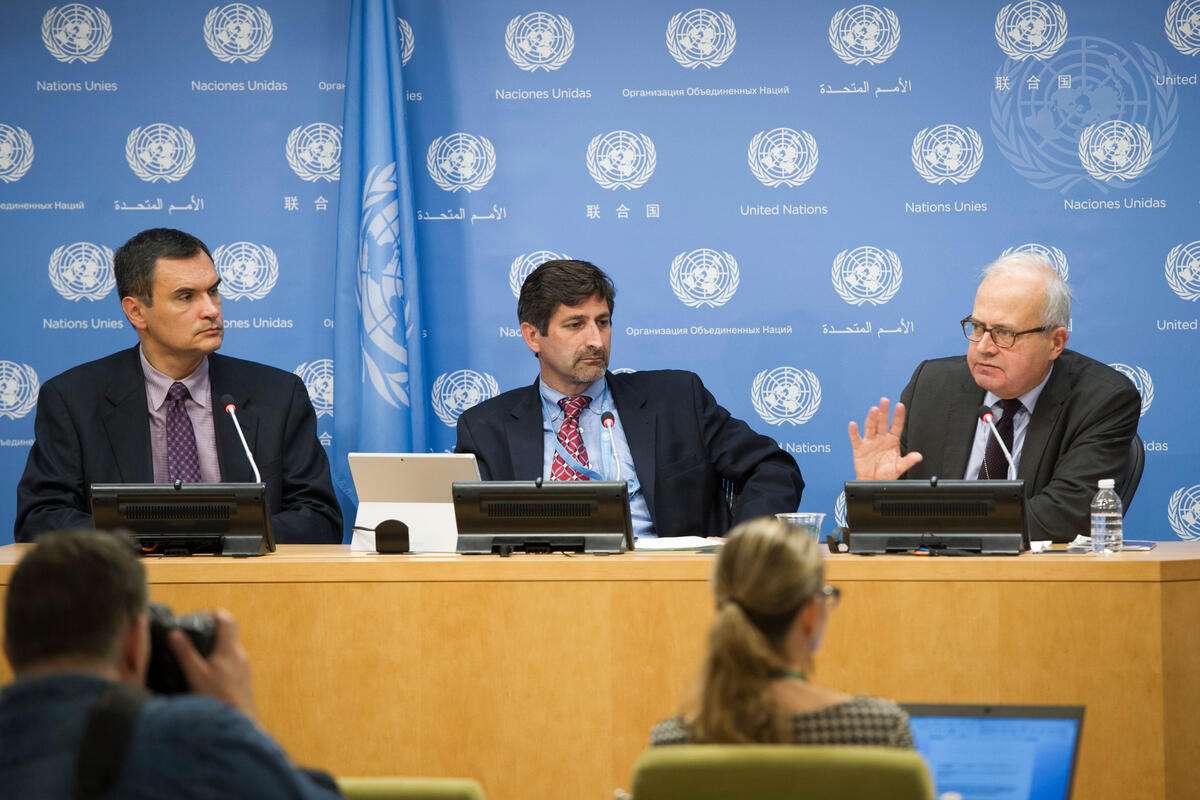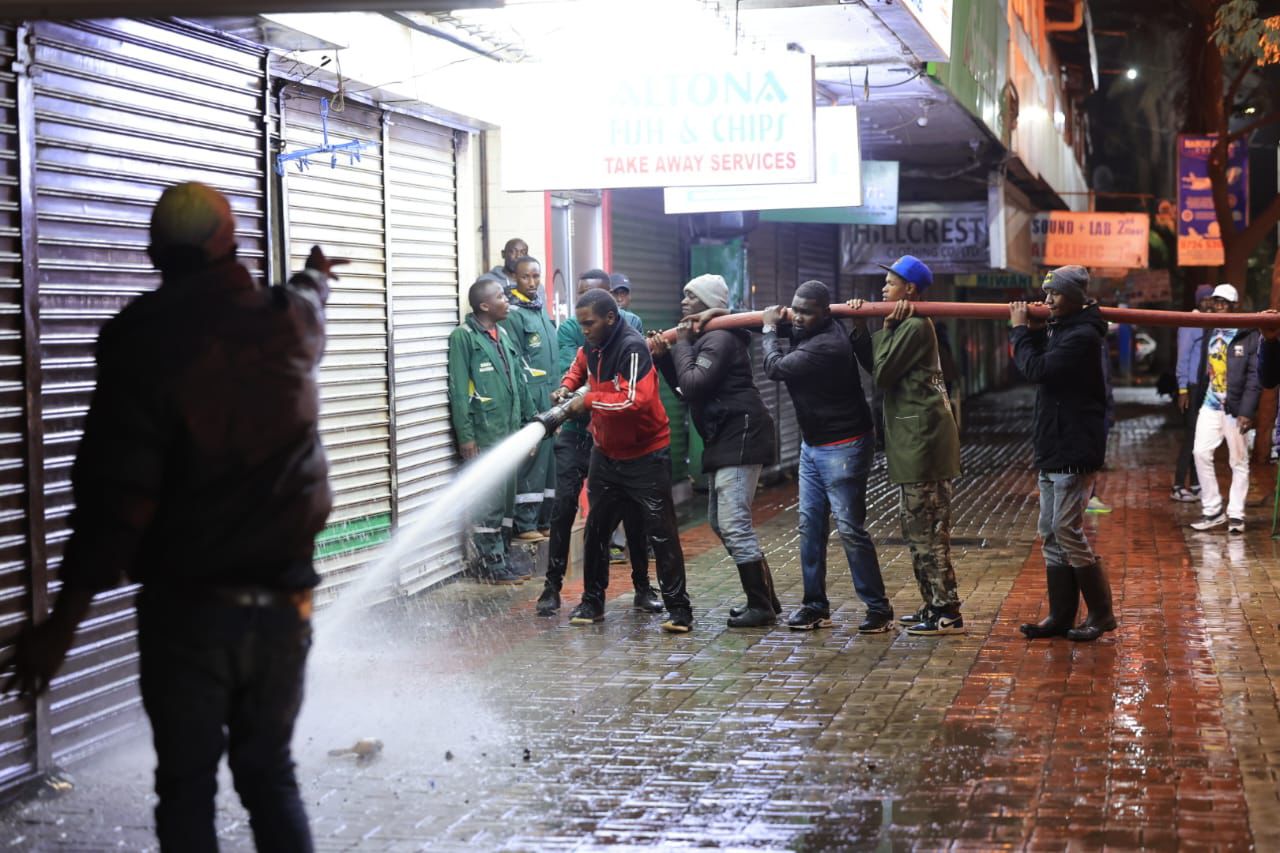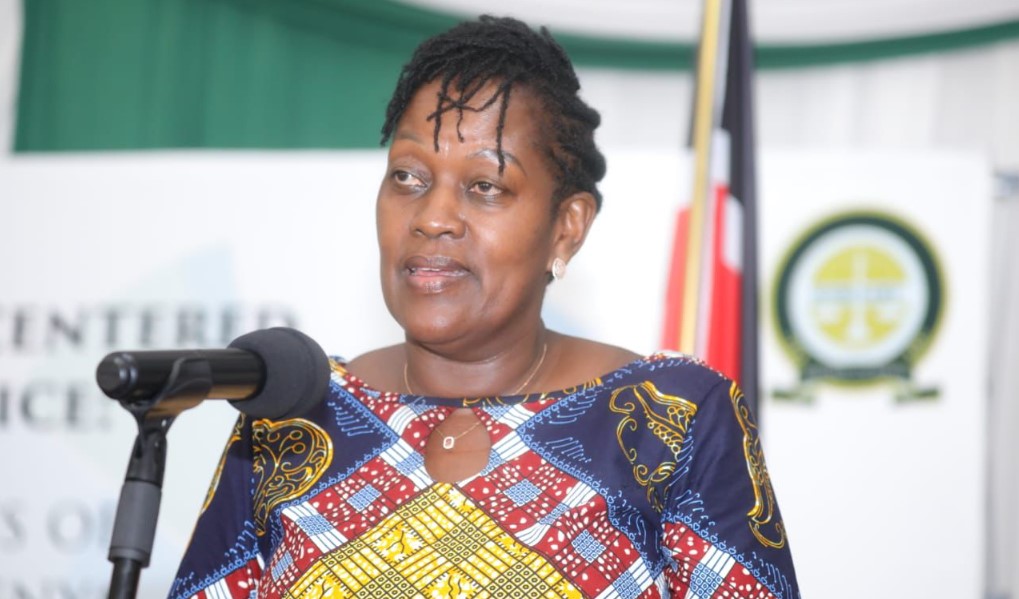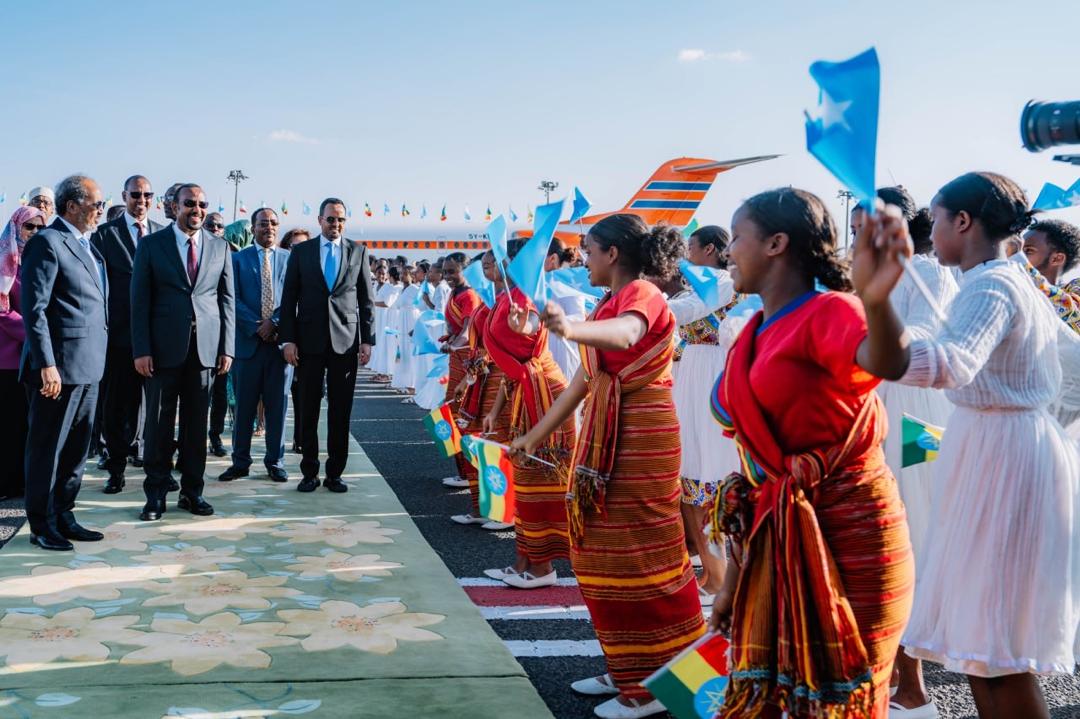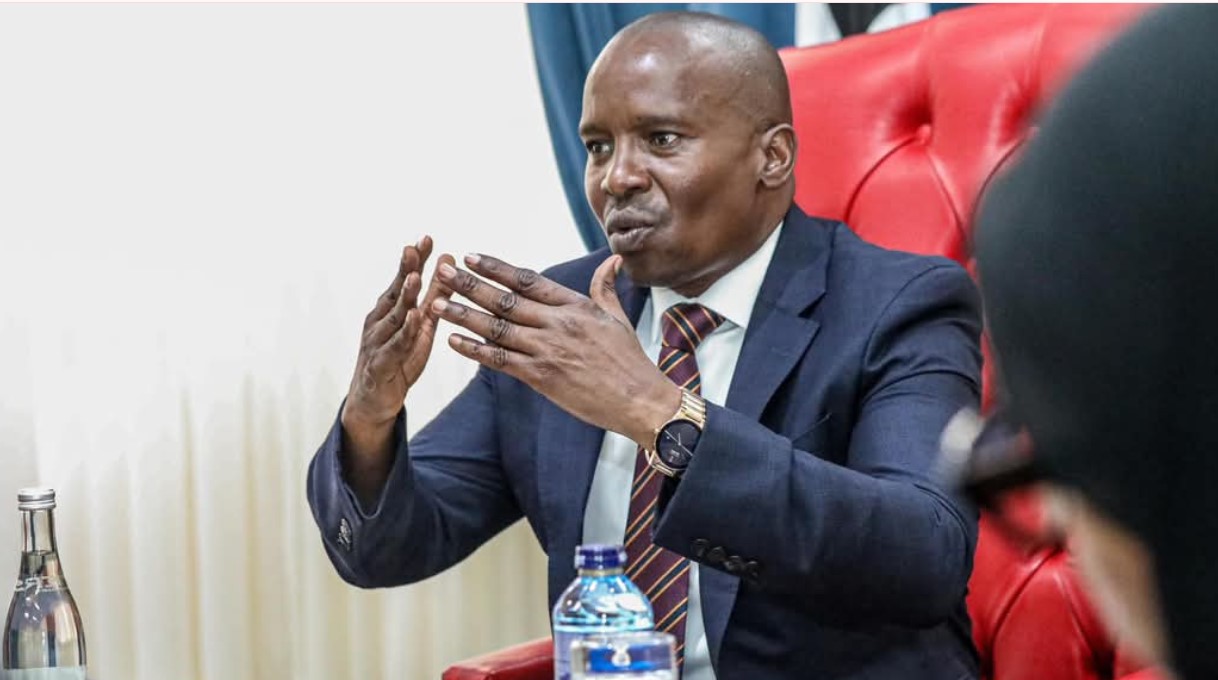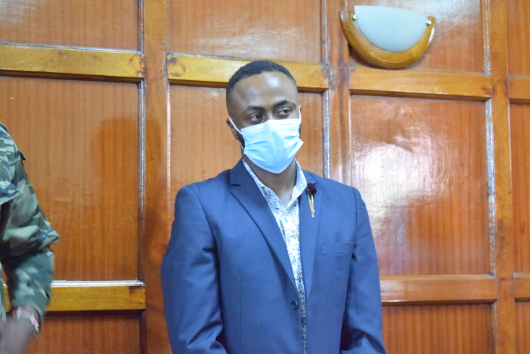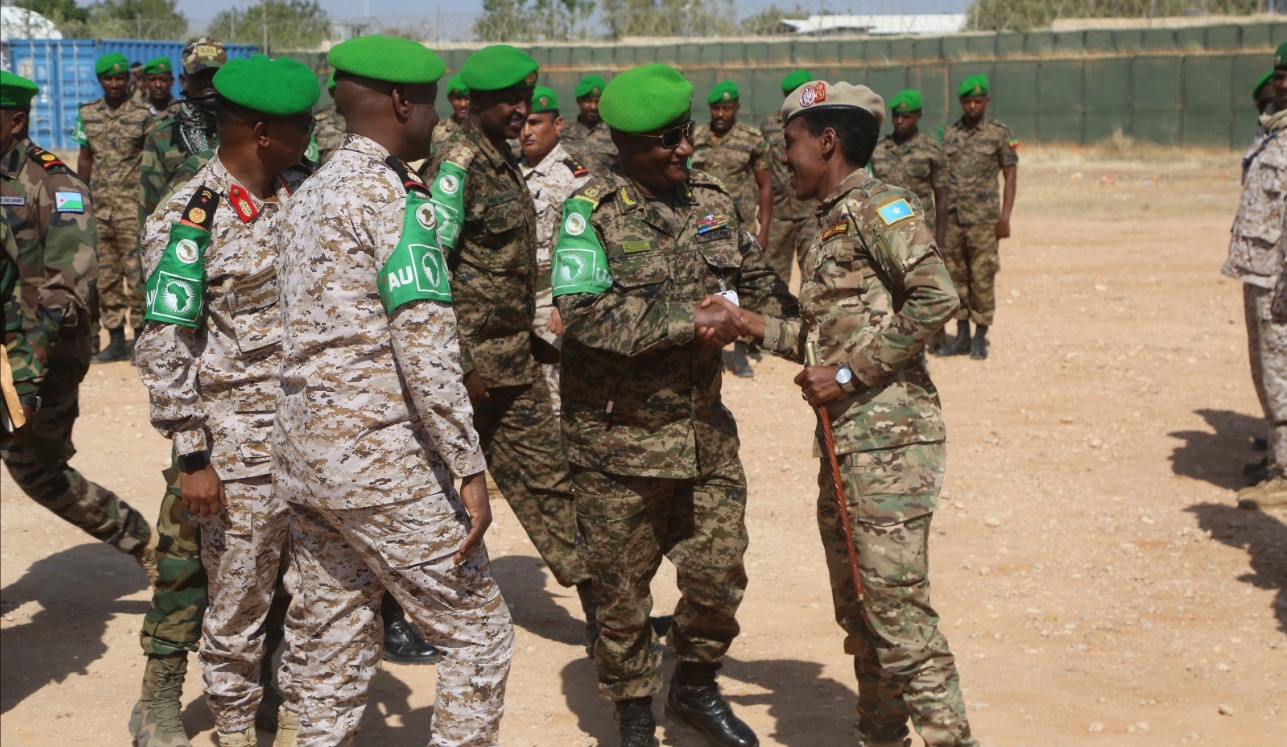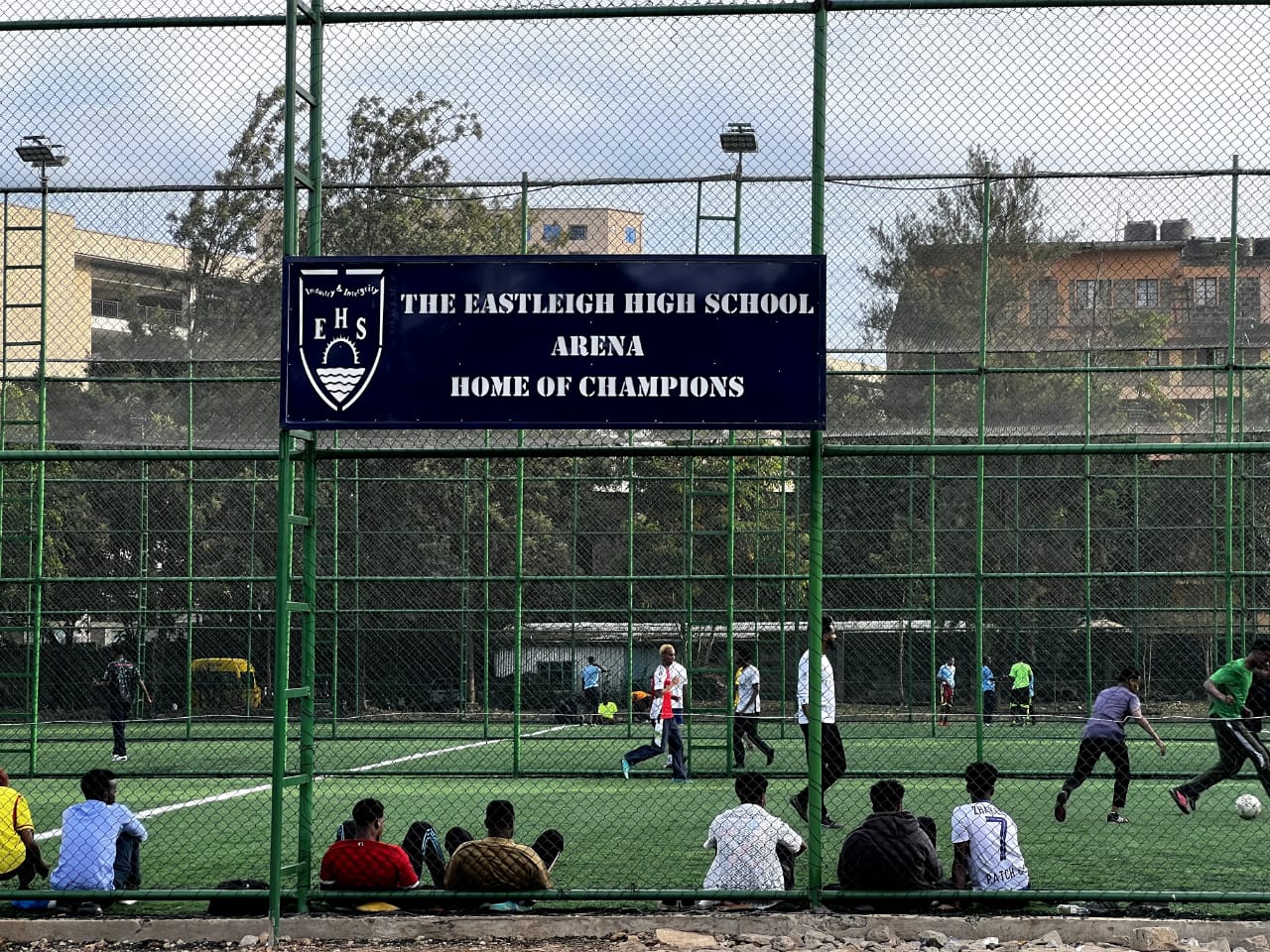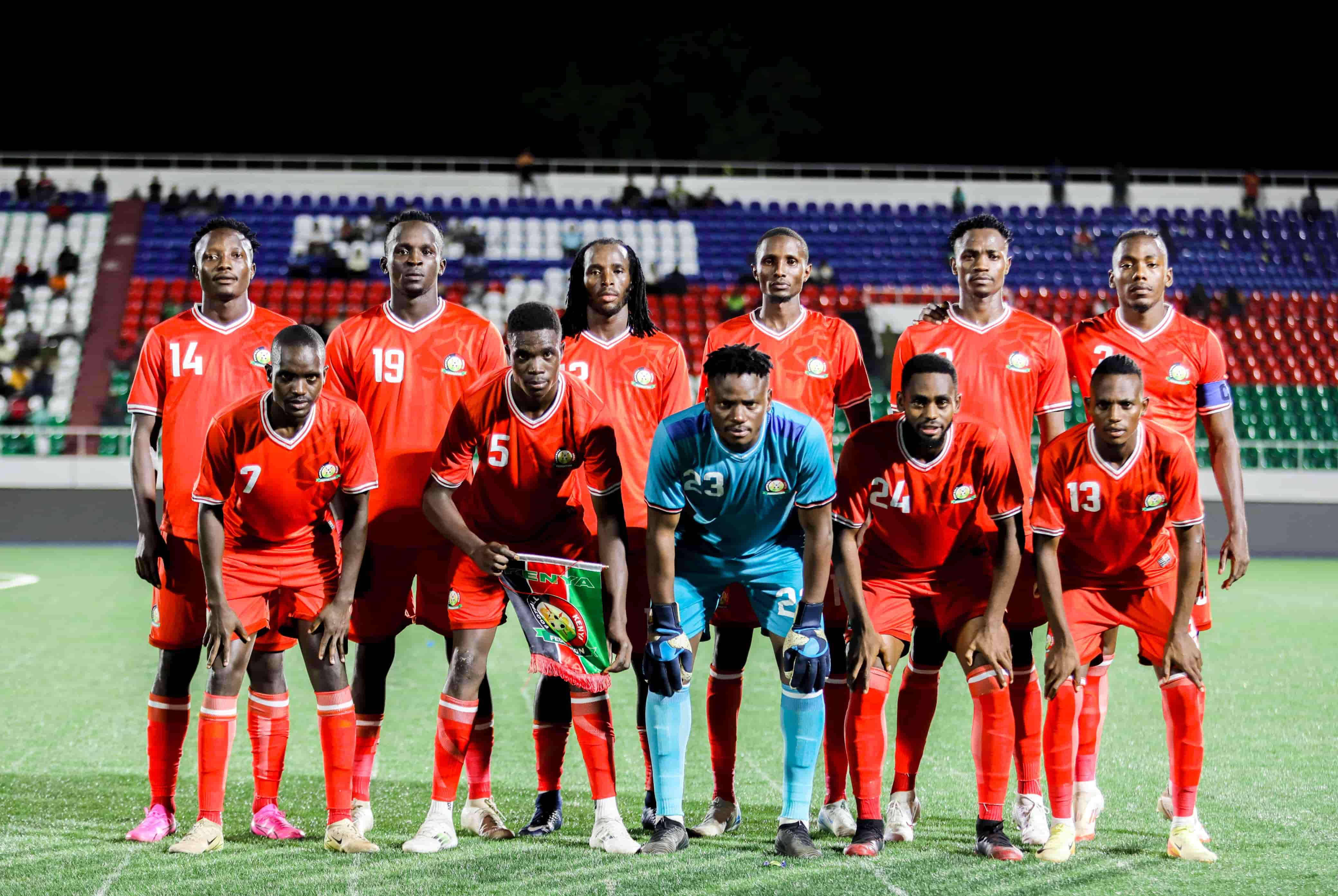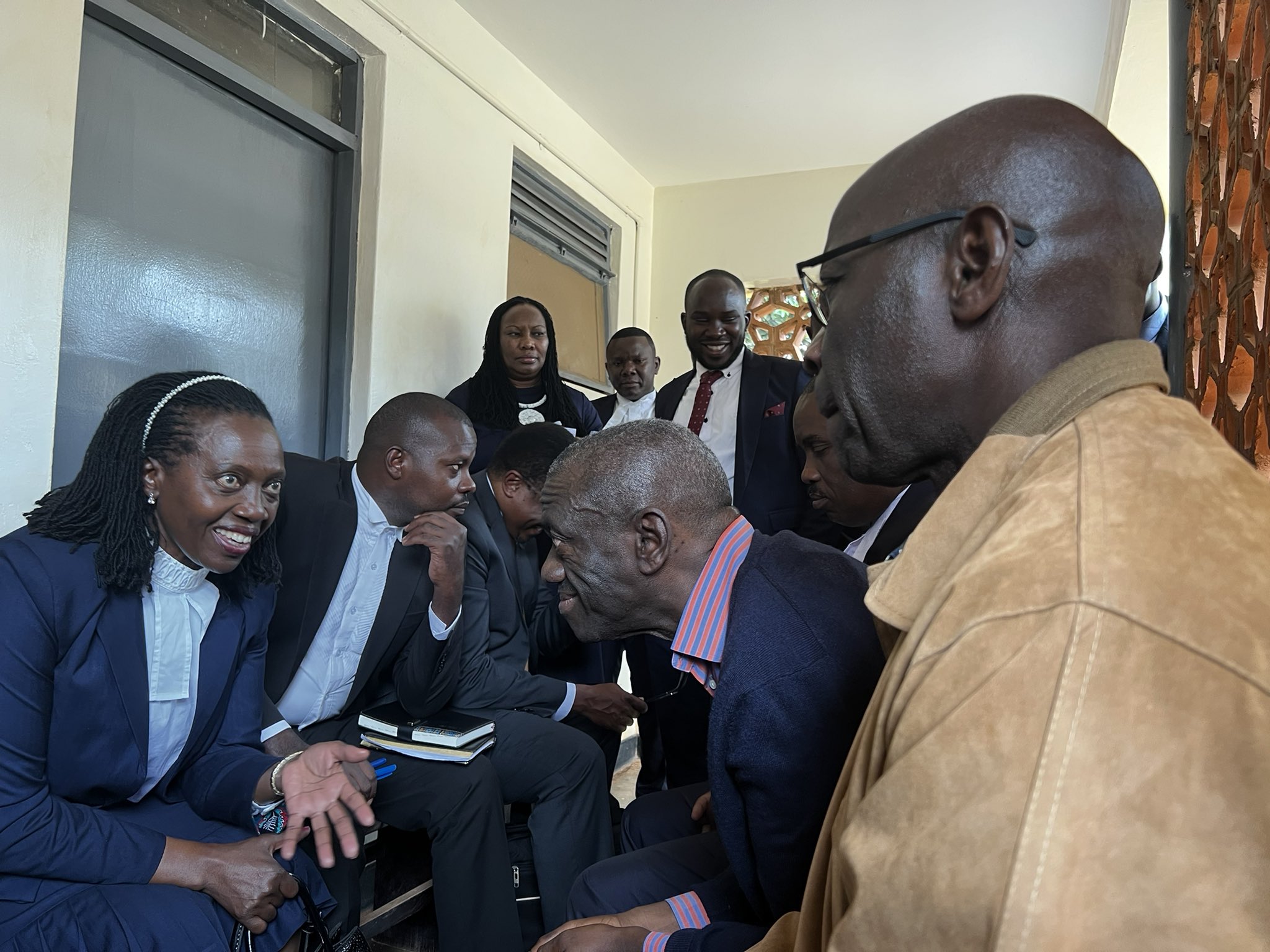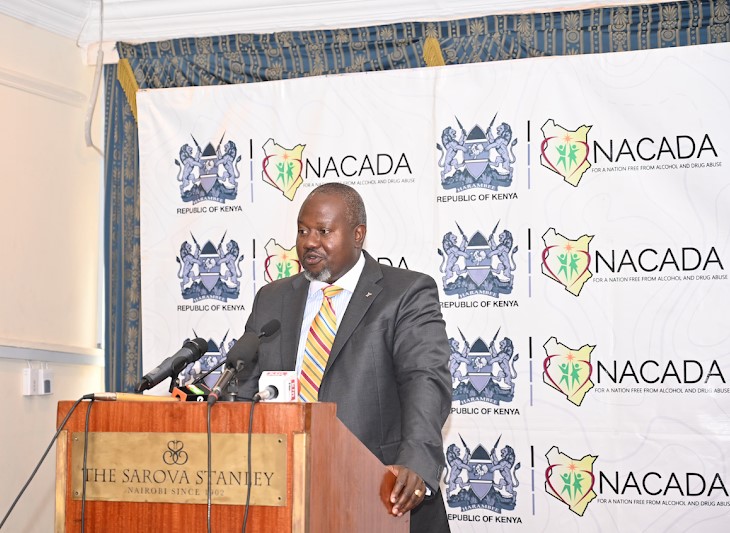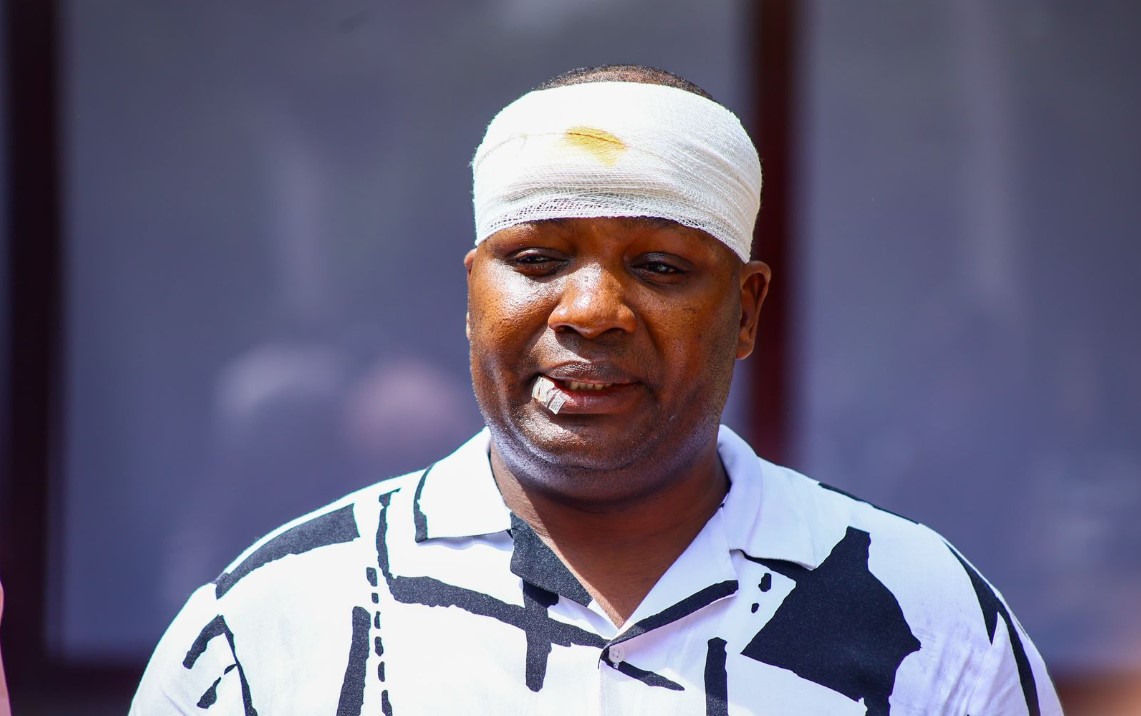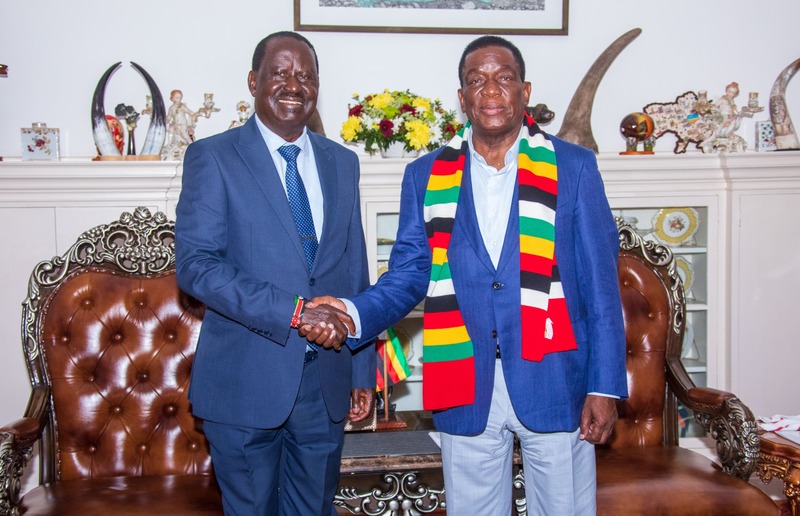Weapons fueling bitter Sudan conflict, report finds
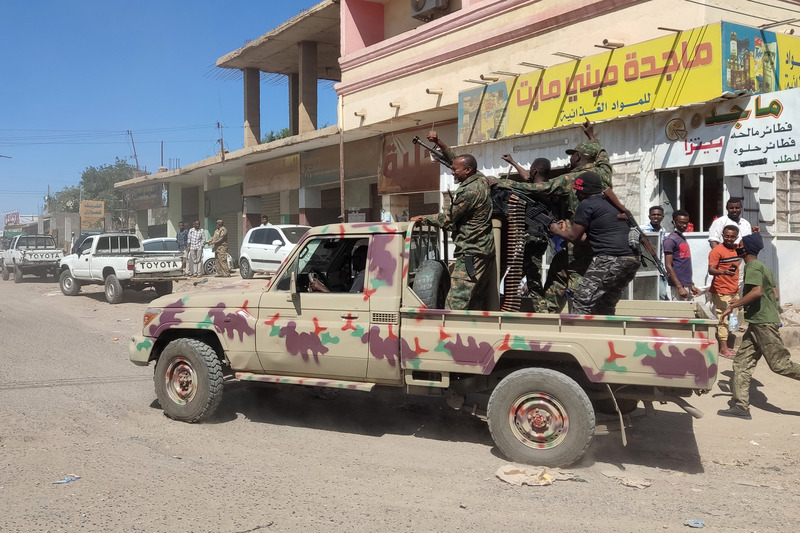
Both warring parties, led by Sudanese military leader Abdel Fattah al-Burhan and his military ally-turned-rival Mohamed Hamdan Dagalo, have been noted by researchers to have used these weapons.
Weapons from the United Arab Emirates, Russia, Turkey, Serbia, Yemen, and China are finding their way into the bitterly contested Sudan conflict, which has devastated lives and livelihoods, Amnesty International said in a report released on Wednesday.
The report, titled "New Weapons Fueling Sudan Conflict," reveals how recently manufactured foreign weapons have been transferred into and around Sudan, breaching the arms embargo on Darfur.
More To Read
"Nearly all neighbouring countries are used by various armed groups and states as supply lines to transfer weapons into and around Sudan," according to the report.
Both warring parties, led by Sudanese military leader Abdel Fattah al-Burhan and his military ally-turned-rival Mohamed Hamdan Dagalo, have been noted by researchers to have used these weapons.
"All parties to the conflict are using a wide variety of arms to commit serious violations of international human rights and humanitarian law, in some instances amounting to war crimes and crimes against humanity," the report states, indicating that "all neighbouring countries are used by various armed groups and states as supply lines to transfer weapons into and around Sudan."
Amnesty researchers identified small arms and ammunition recently manufactured in countries such as Serbia, Yemen, and China being used on the battlefield by various parties.
The report criticises the international community's response, particularly that of the UN Security Council (UNSC), labelling it as "woefully inadequate."
The report argues that the current UN arms embargo is both too narrowly focused—covering only the Darfur region—and too poorly implemented to effectively curb the flow of weapons.
"It took almost a year for the UNSC to adopt a resolution calling for immediate cessation of hostilities and unhindered humanitarian access."
It adds, "Despite this, fighting continues across the country with no effective measures to end violations or protect civilians."
The conflict escalated when fighting broke out between the Sudanese Armed Forces (SAF) and their former security partners, the Rapid Support Forces.
Trending
